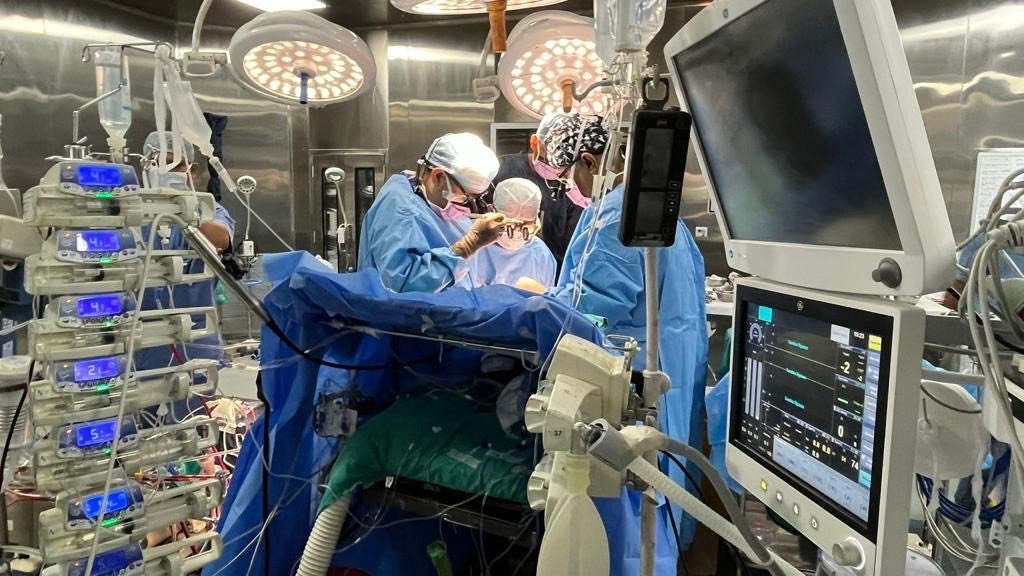Organ donation and transplantation is removing an organ from one person (the donor) and surgically placing it in another (the recipient) whose organ has failed. Organs that can be donated include the liver, kidney, pancreas and heart. Organ and tissue procurement is customized to your experimental need.
What is organ donation and transplantation?
Organ donation is the process of surgically removing an organ or tissue from one person (the organ donor) and placing it into another person (the recipient). Transplantation is necessary because the recipient’s organ has failed or has been damaged by disease or injury.
Organ transplantation is one of the great advances in modern medicine. Unfortunately, the need for organ donors is much greater than the number of people who actually donate. Every day in the United States, 21 people die waiting for an organ and more than 107,380 men, women and children await life-saving organ transplants.
What organs and tissues can be transplanted?
Organs and tissues that can be transplanted include:
- Liver
- Kidney
- Pancreas
- Heart
- Lung
- Intestine
- Corneas
- Middle ear
- Skin
- Bone
- Bone marrow
- Heart valves
- Connective tissue
- Vascularized composite allografts (transplant of several structures that may include skin, uterus, bone, muscles, blood vessels, nerves and connective tissue)
What is an Organ Procurement Organization?
An Organ Procurement Organizations (OPOs) serves the nation and represents a unique aspect of the healthcare system. These community-based, non-profit organizations are designated by the federal government to recover organs from deceased donors for transplantation. Indeed, they are the only organizations charged with such a responsibility. Since the creation of the OPO structure in the mid-1980s, the US has developed one of the most successful systems of donor identification, authorization, recovery and coordination in the world.
The work of OPOs also includes support services for donor families, the clinical management of deceased donors, in-service and professional education of hospital staff, public education and donor registration, tissue and cornea donation and the recovery of non-transplantable organs and tissues for medical research.
OPOs are critical to the organ transplant system that tens of thousands of patients depend on each year to provide the life-saving transplant they so desperately need. For this reason, it is important to recognize the ongoing high-level performance of our donation system and to continue advocating for system changes to support continuous improvement.







